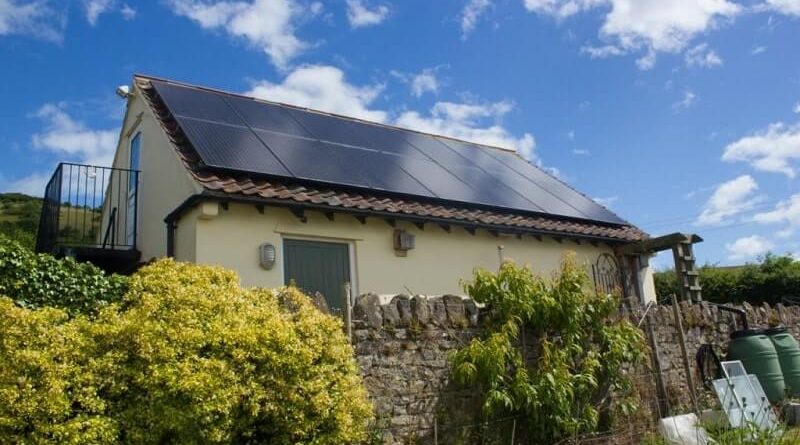Solar energy is becoming a more popular source of power for homes and businesses alike. Not only can it help reduce your carbon footprint, but it can also save you money on your energy bills. However, the cost of solar panel installation is a common concern for many people. In this article, we will explore the factors that affect the cost of solar panel installation and what you need to know before making the investment.
The Cost of Solar Panel Installation
The cost of solar panel installation varies depending on a range of factors. According to EnergySage, the average cost of a solar panel system in the United States is $2.81 per watt. This means that a 5kW system would cost around $14,050. However, this is just an average, and the cost can vary depending on the following factors:
1. Size of the System
The size of the solar panel system you need will depend on the amount of energy you use. The more energy you use, the larger the system you will need, and the more expensive it will be. A larger system will also require more panels, which will increase the cost of installation.
2. Type of Panels
The type of solar panels you choose will also affect the cost. There are two main types of solar panels: monocrystalline and polycrystalline. Monocrystalline panels are more efficient and more expensive than polycrystalline panels. However, they also take up less space, which can be an advantage if you have limited space for installation.
3. Location
The location of your property will also affect the cost of solar panel installation. If you live in an area with high electricity rates, you may see a greater return on your investment in solar panels. Additionally, if you live in an area with a lot of sunlight, you may need fewer panels to generate the same amount of energy, which can save you money on installation costs.
4. Incentives and Rebates
There are a range of incentives and rebates available to help offset the cost of solar panel installation. The federal government offers a tax credit for 26% of the cost of installation. Some states and municipalities also offer incentives, such as rebates or tax credits, to encourage the use of solar energy. Additionally, some utility companies offer net metering, which allows you to sell excess energy back to the grid, reducing your energy bills even further.
5. Installation Costs
The cost of installation will depend on the complexity of the installation and the amount of labor required. Some installations may require additional equipment, such as a new electrical panel or roof repairs, which can increase the cost. Additionally, if you choose to hire a professional installer, you will need to factor in the cost of labor.
Is Solar Panel Installation Worth the Cost?
Despite the upfront cost, solar panel installation can be a worthwhile investment for many homeowners. According to EnergySage, the average homeowner can save around $20,000 over 20 years by installing solar panels. Additionally, solar panels can increase the value of your home, making it a smart investment for the future.
Conclusion
The cost of solar panel installation can vary depending on a range of factors, including the size of the system, the type of panels, location, incentives and rebates, and installation costs. Despite the upfront cost, solar panel installation can be a smart investment for many homeowners, helping to reduce energy bills and increase the value of your home. Before making the investment, it is important to consider your energy usage and the cost of installation to determine if it is the right choice for you.





